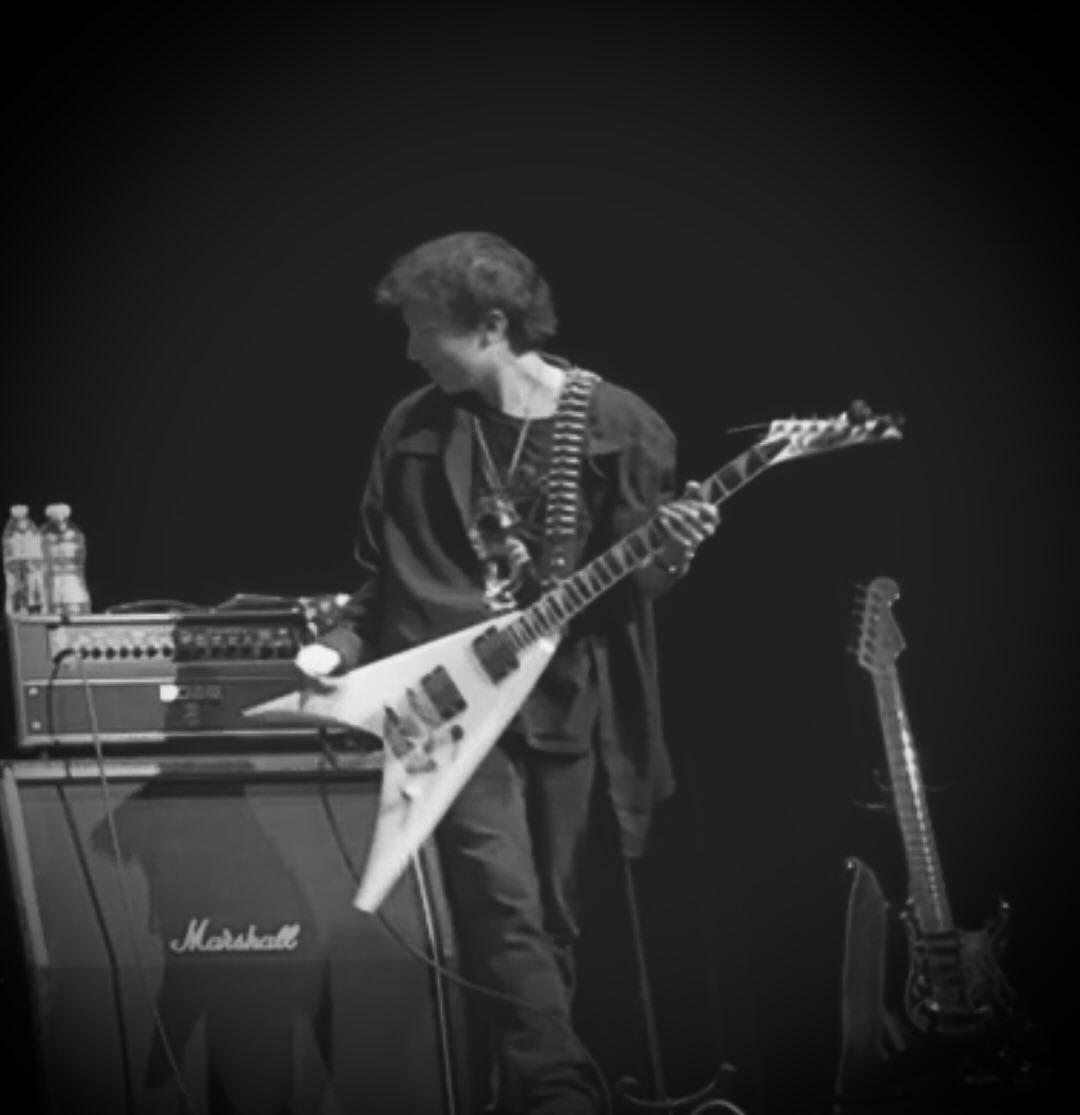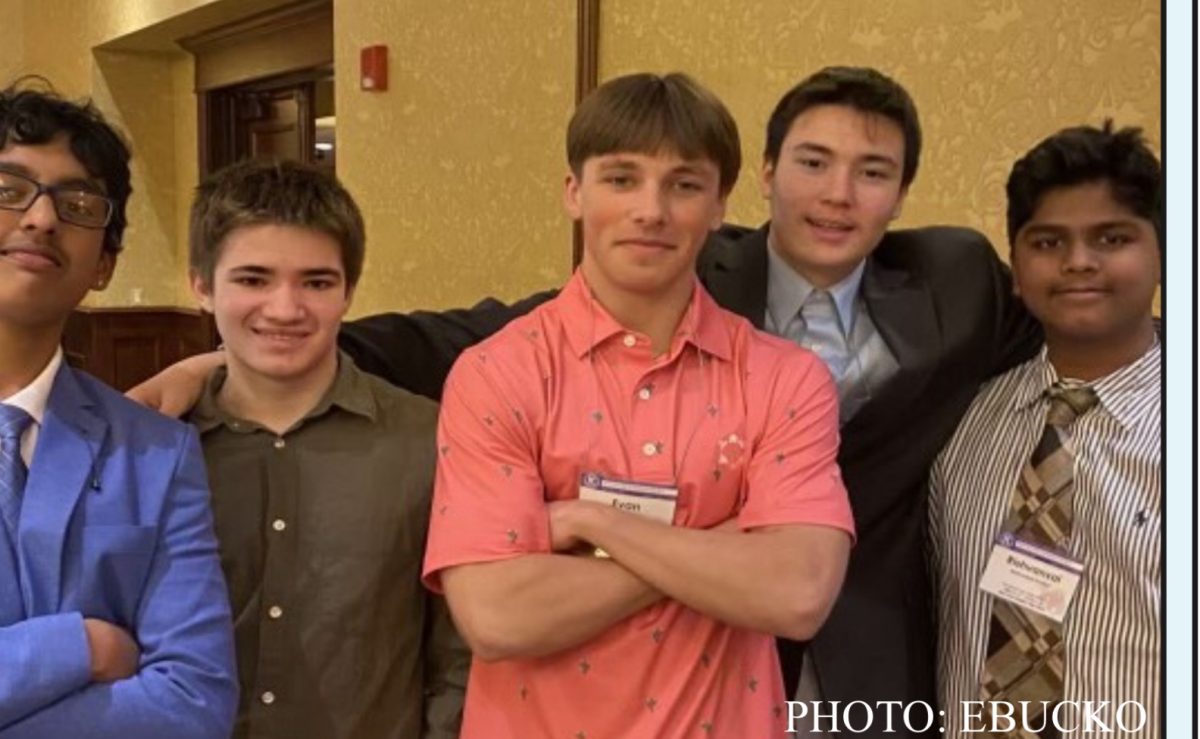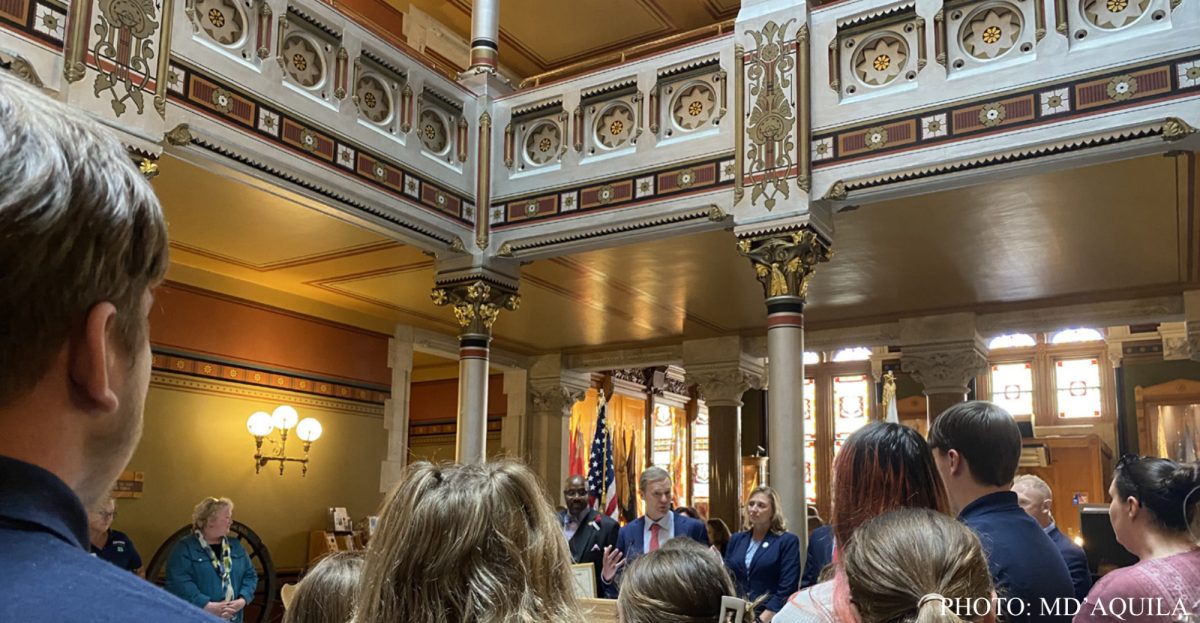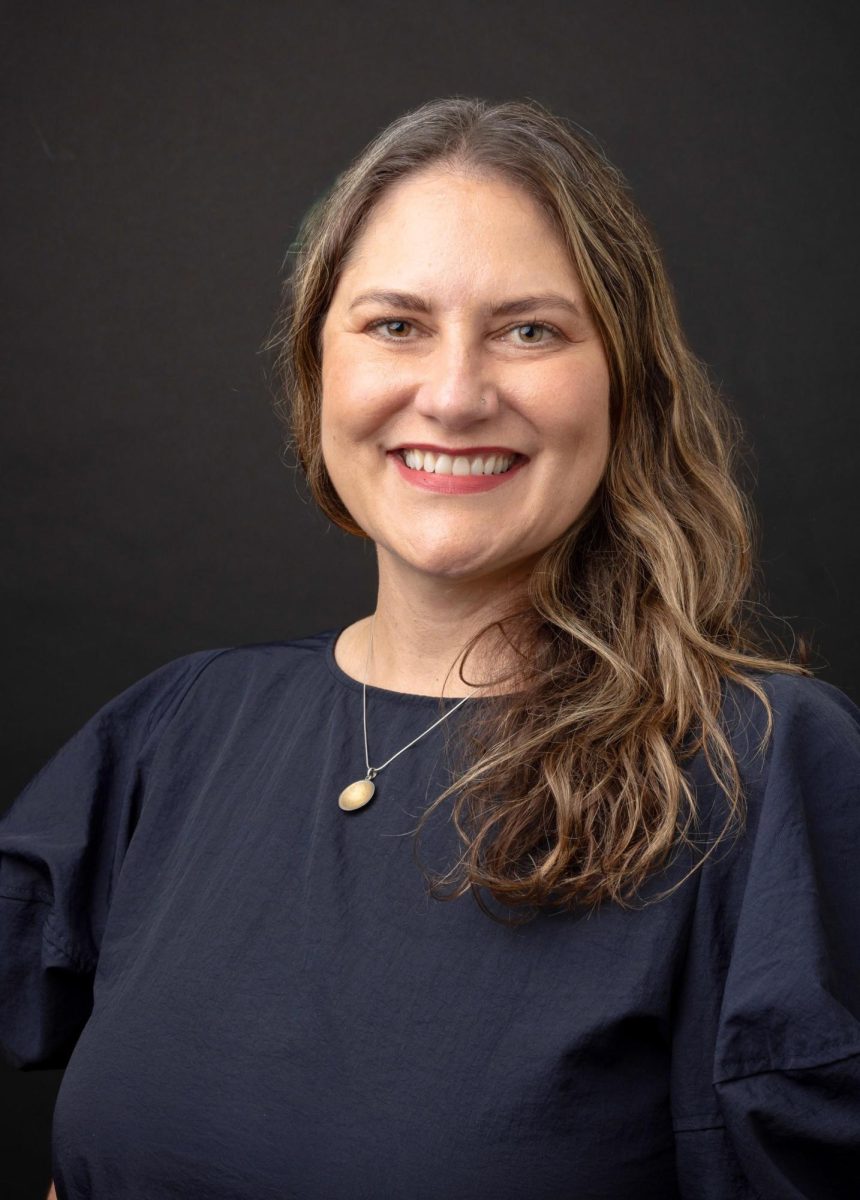Dr. Diba Khan-Bureau is a full-time professor and Program Coordinator of the Environmental Engineering Technology Program at Three Rivers Community College. She is a research scientist at the University of Connecticut in the Ecology & Evolutionary Biology department where she received her Ph.D., and she is also an adjunct professor at Connecticut College in Environmental Studies. She received the 2021 Environmental Champion Award from the Rockfall Foundation, blending her career as a professor with her dedication as a local conservationist. Dr. Khan-Bureau also discovered an invasive diatom species Didymosphenia hullii Khan-Bureau in 2016. She speaks about what her profession means to her and the importance of environmental science.
INTERVIEW BY: JENNIE SHERWOOD
Viking Saga: What got you interested in environmental science and adding it on to your engineering degree?
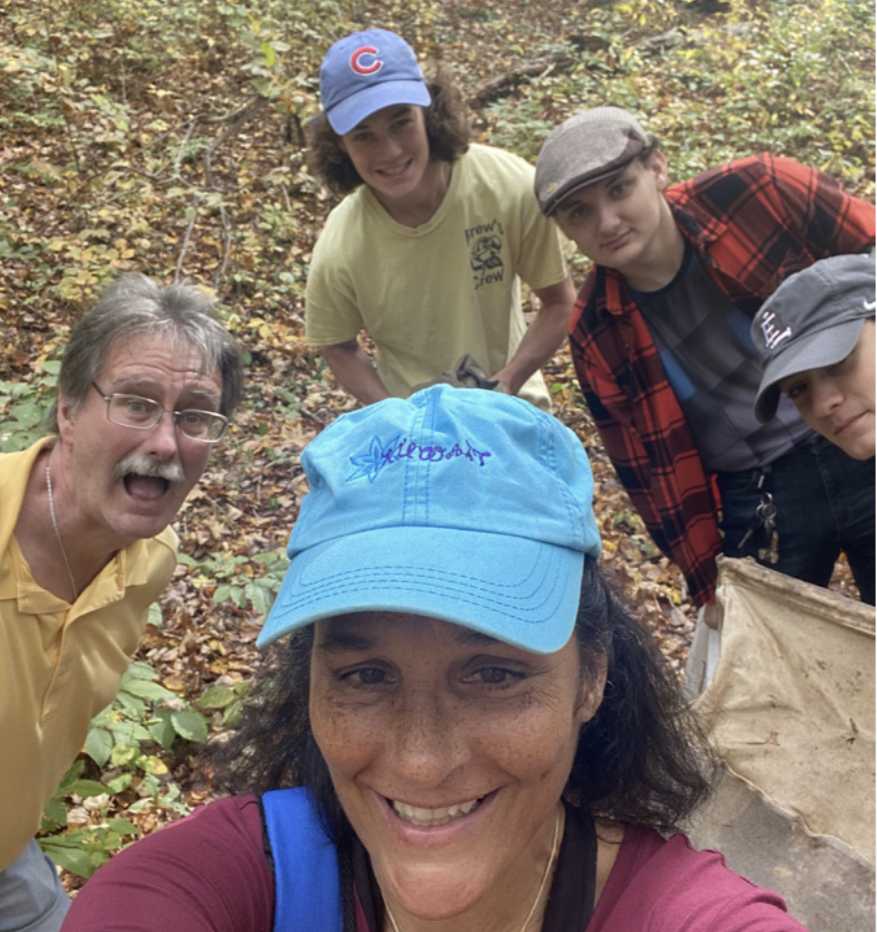
Diba Khan-Bureau: Environmental science is a huge study. It means so many different things to different people. There are just so many opportunities. When I was very young, I was always interested in wildlife and all kinds of creatures. I loved being outdoors, and I loved our Earth. At first, I was an engineer working at Electric Boat, and I did everything I could to teach other employees that you can’t just throw paint in the garbage. You can’t just throw stuff in the water. There are reasons. It’s not so much the law, but it’s because we should care about our environment. Engineering goes hand in hand with it, because you can come up with solutions on how to solve problems or look at issues in a different light when you have those two together. It’s those kinds of things that got me interested in adding in environmental science.
VS: How would you say environmental science has changed over the past few decades?
DK-B: I think our technology can help us provide better answers more efficiently and effectively, but we’ve known forever that gasoline and oil extraction is bad for the planet. We’ve known forever that palm oil is in everything and causes us to cut down the rainforests at an exceedingly fast rate. We’re still eating the junk food, drinking the stuff, and using the diapers and batteries that it’s in. Why do we still do these things? That hasn’t changed. However, students today are much more nervous about climate change. Right now, we have a divided country, and the environment is all politics. Ten years ago, I would ask the students if they would give up meat to stop the climate from changing. No one would raise their hand. Today, a lot of them raise their hand to stop eating meat or at least reduce intake. I would also even ask 10 years ago how many of my students thought climate change was real. Maybe five out of 30 would raise their hand. Today, they all do.
VS: What made you want to become a professor and educate students on these environmental issues?
DK-B: When I was working at Electric Boat, the guys I worked with would be dumping stuff that pollutes the air or pollutes the water. I reduced a bunch of hazardous materials, and I switched them out with things less hazardous or not hazardous at all when I was there. While I was doing my job, I realized I loved teaching my coworkers about it all. I wanted to teach more people about the earth and how we can protect it. I feel wonderful about being a professor, and my students are always very successful after taking my courses. It feels very rewarding to me, because most of them end up in environmental engineering trying to do something to save the planet. That means a lot to me about what I do.
VS: For students thinking about pursuing an Environmental or Earth Science track, why do you think it’s so important for more people to be involved in that field?
DK-B: You know, there are people looking for a sister-planet that humans could live on. Why would we go to destroy that new planet, when we could be fixing our own? We were meant to live here. Don’t get me wrong, space is cool to understand, but we still don’t even understand our ocean. We haven’t been to the deepest depths yet. Why not stay here on Earth to understand these places and find ways to fix it? We need to solve these problems for our future generations, and we need people to do that. It all comes down to the education, so step up and learn about it. We only have one place to live, and it’s here.
